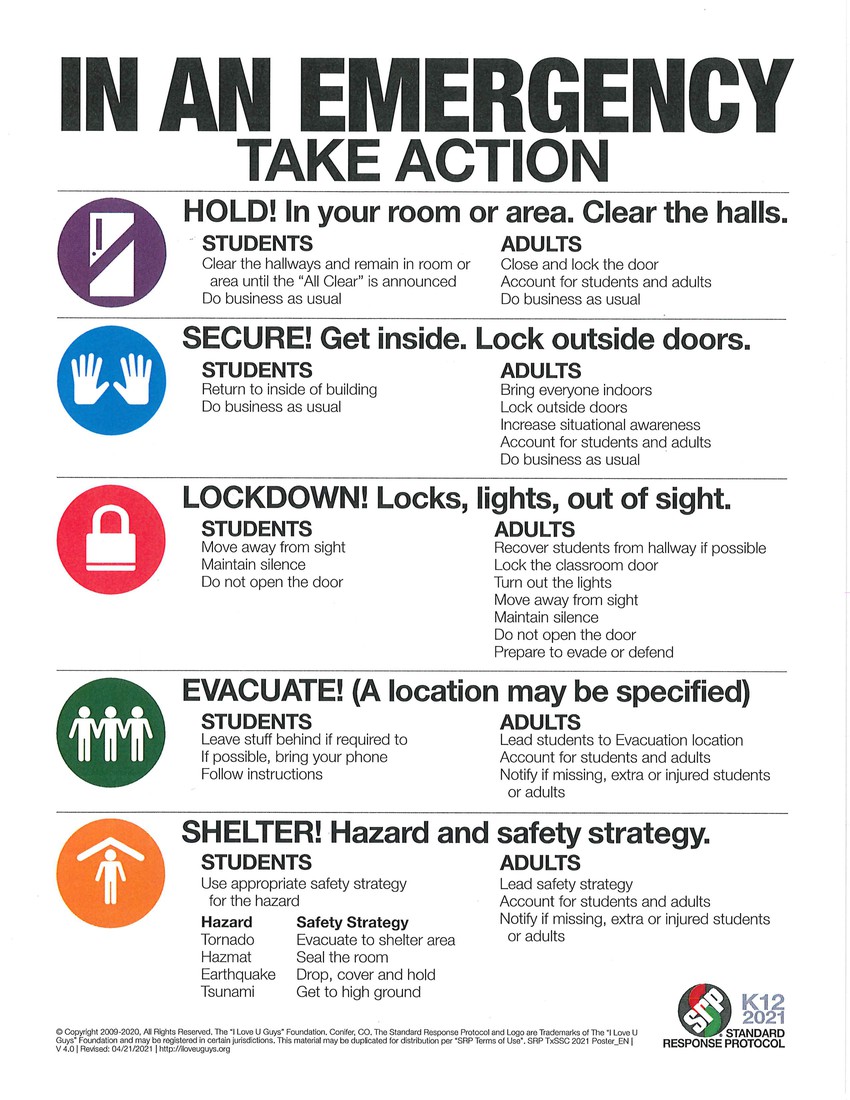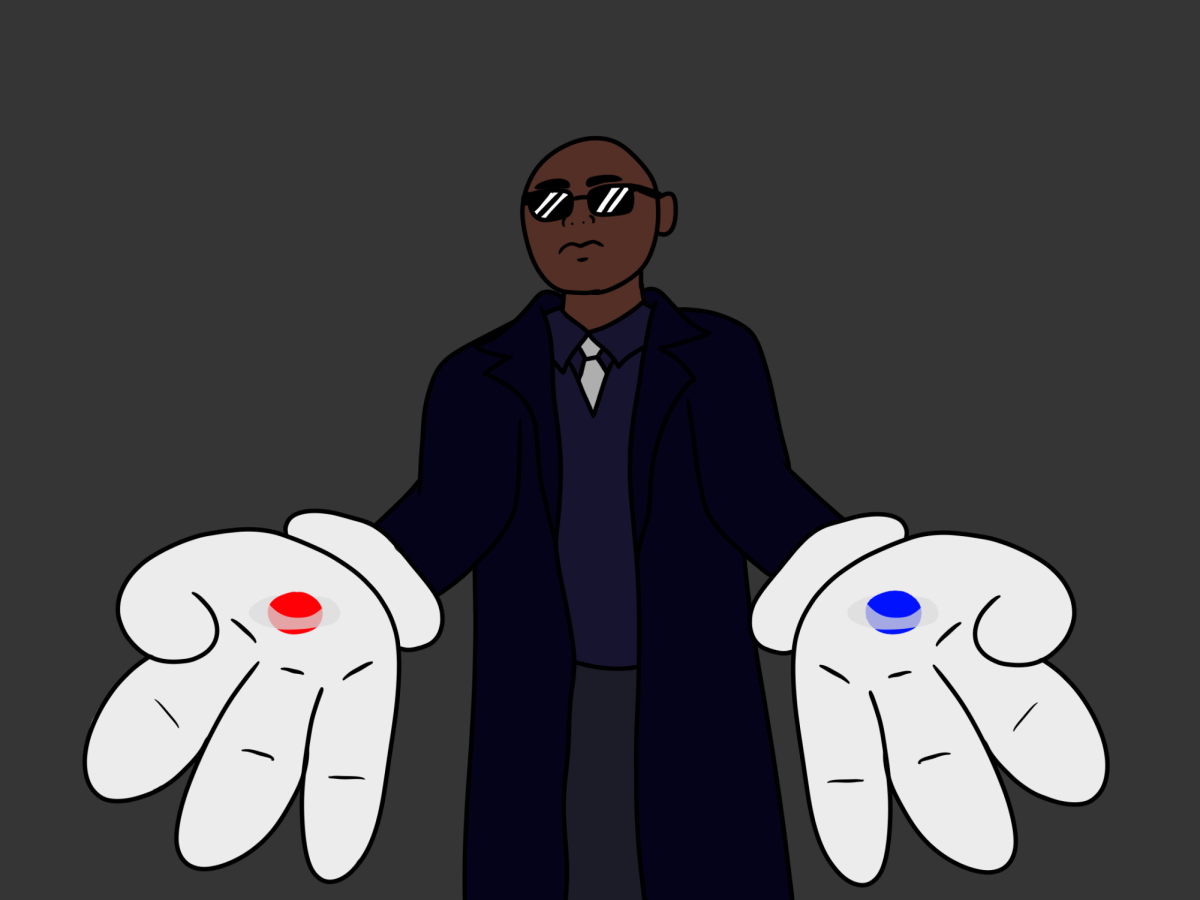Neurobehavioral disorders. Whenever people hear of someone with behavioral issues, many think “He’s a retard,” or “She’s special.” This is a strong and seriously incorrect assumption to think someone with a behavioral disorder is “stupid” or “retarded.” The chances are someone close to you (or you) has some sort of behavioral disorder. Amongst the most common of these is attention deficit hyperactivity disorder (ADHD).
ADHD is a developmental disorder that affects one’s self-control. Dr. Susan Welnel Psy. D. of Mayo Behavioral Health, Albert Lea, said the “hyperactivity” in part can be described as “fidgeting or squirming while seated, getting out of one’s seat, running or climbing when not appropriate to do so, or having problems engaging in quiet activities, appearing as if ‘driven by a motor,’ or excessively talkative.”
All this is typical behavior associated with common ADHD but not always the case with attention deficit disorder. Another developmental disorder, Attention Deficit Disorder (ADD), consists of the same attention problems of ADHD but lacks the limitless supply of unrelenting energy. ADD impairs one’s capacity to control normal social behavior and makes it difficult to keep track of, or even make, future goals with consequences in mind.
ADHD and ADD are mental disorders affecting the development and brain functioning parts in the frontal part of the brain. Like most mental disabilities, it’s difficult to tell if someone has it at first glance. Though the person in your class screaming “Holy cow! Did you guys just see that MASSIVE crow?” and fills their notebooks with incoherent doodles and scribbles instead of notes doesn’t help the cause. According to recent studies, chances are you may have 1-2 students with it in each of your classes.
ADD/ADHD are often joked about. Though it may be comical for short periods of time, in actuality those afflicted with the condition struggle with simple day-to-day tasks such as homework or remembering appointments. The disorder consists of various symptoms ranging from attention span, impulse control and hyperactivity.
For numerous students like sophomore Bailey Ford, it can cause careless and stupid mistakes in schoolwork, rush through tests and projects to catch up because of distractions and only remembering bits and pieces of a lesson. ADHD/ADD often leaves students in a fog as to what to do.
“Most of the time I don’t even notice it,” Ford said. “But when it gets bad it’s really annoying
and really hard to get anything done.”
All these other issues and more, piled on top of the infinite and never ending aggravation of the inability to focus, the amount of effort exhausted on trying to learn what others do with ease, and the stress of family and friends among the other personal problems we all have. To some, it can be too much to bare. In fairness, many cases aren’t severe enough to be more than a major annoyance. But some can have to ability to lead to more serious conditions like depression and anxiety.
So next time that “retard” bumps into you in the hall, or you call someone a loser, spaz, dweeb, or anything else that can be construed as a negative or derogatory term, think of what they might have to deal with in their normal day-to-day lives or how you’d handle the same kind of situation if you were placed in it.

![“This [photo] is basically the same area,” said science teacher Todd Mikkelsen. “So that [the cover photo] was my photo at dusk. Here it is at night time and there’s something jetting up out of the ground. So it’s the same location, different dates, two different cameras picked up an anomaly in the same region.”](https://www.ahlahasa.com/wp-content/uploads/2025/09/Ghost-Cover-1200x901.png)

























![Millions of students nationwide like Sophomore Bailey Ford struggle with ADD and/or ADHD. This makes even simple takes such as focusing a challenge on a daily biases. “Sometimes it’s [ADHD] worse than others. Most of the time I don’t notice it, but when it gets bad it’s really frustrating”](https://www.ahlahasa.com/wp-content/uploads/2013/03/baileyblur-610x406.jpg)